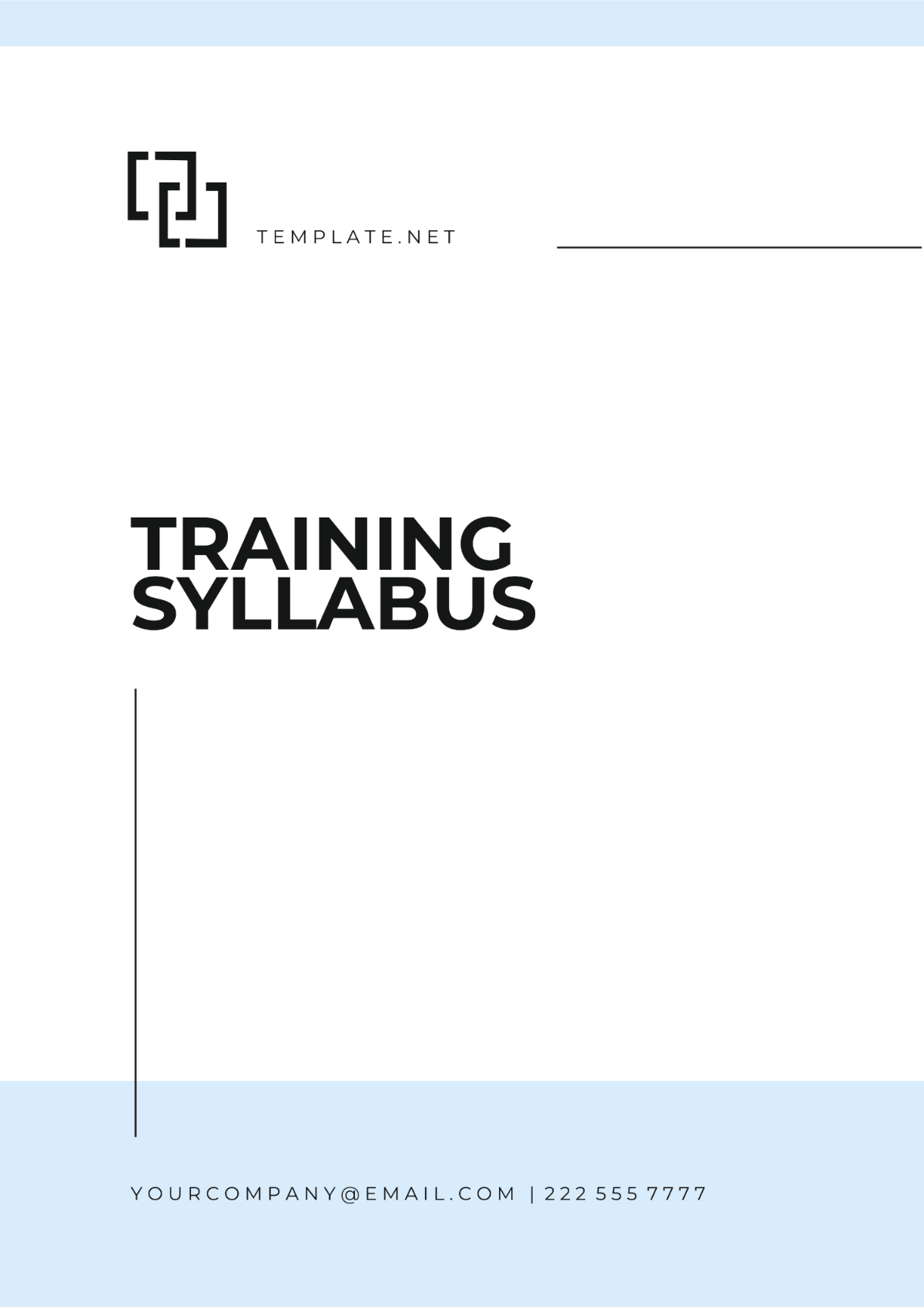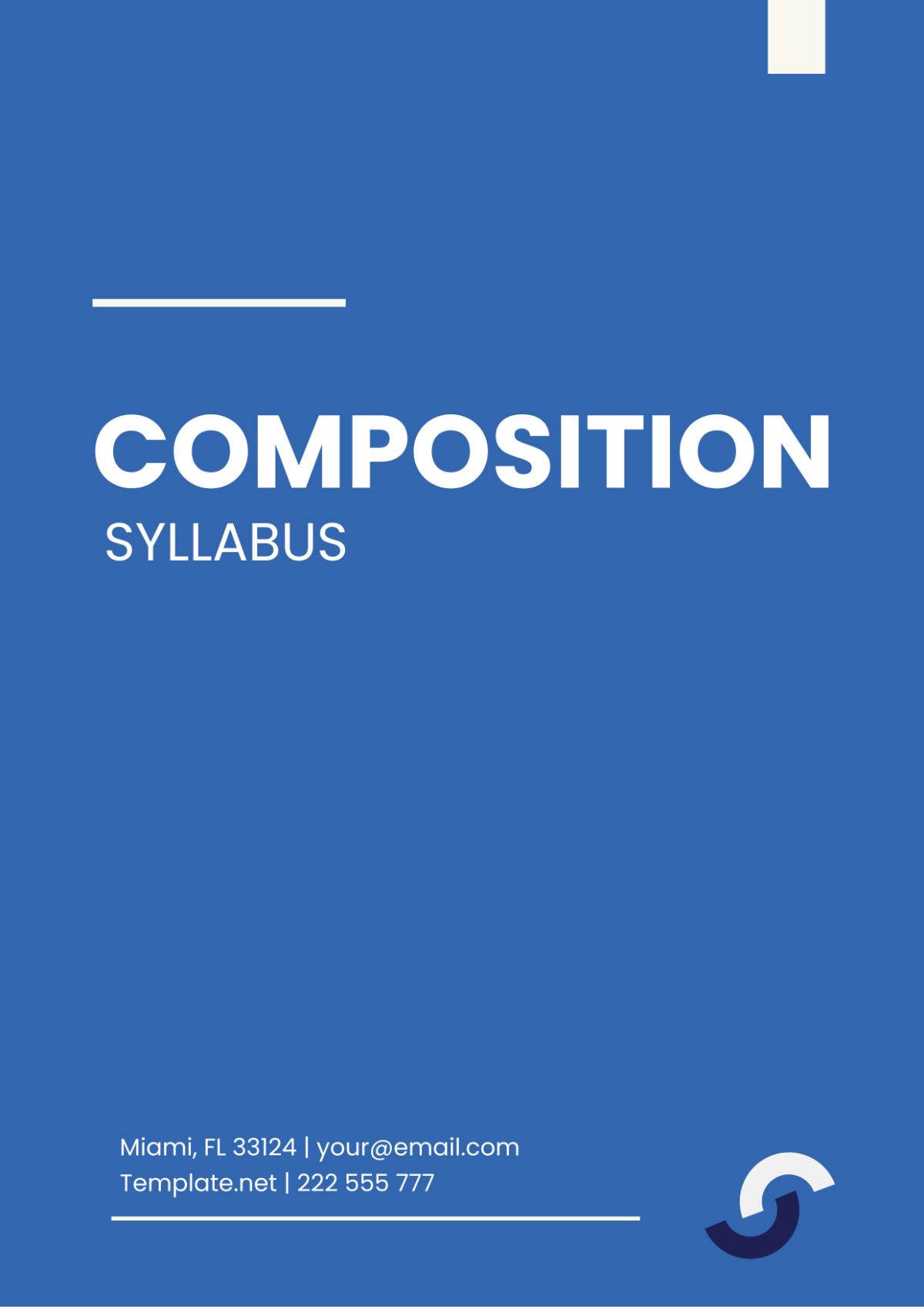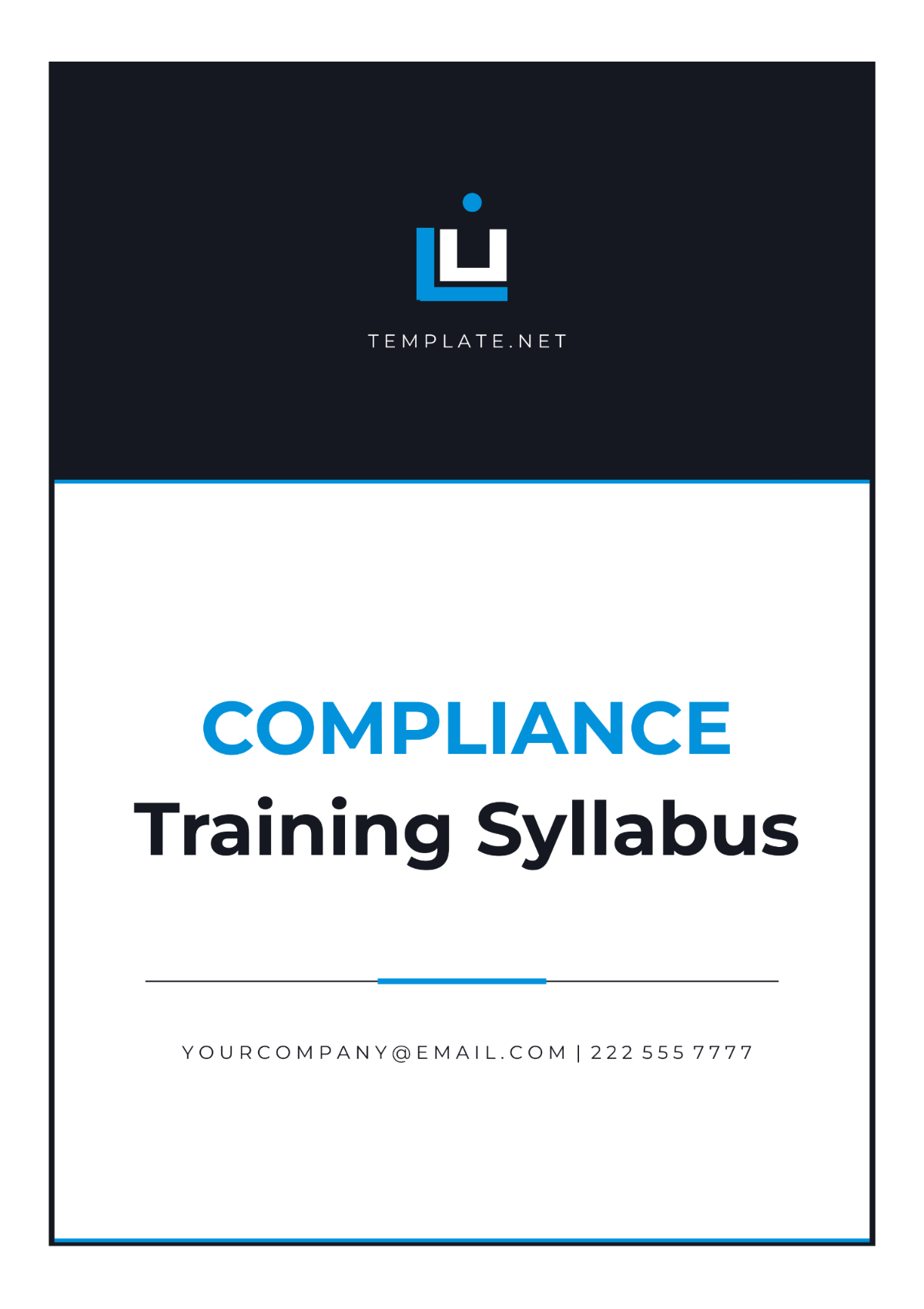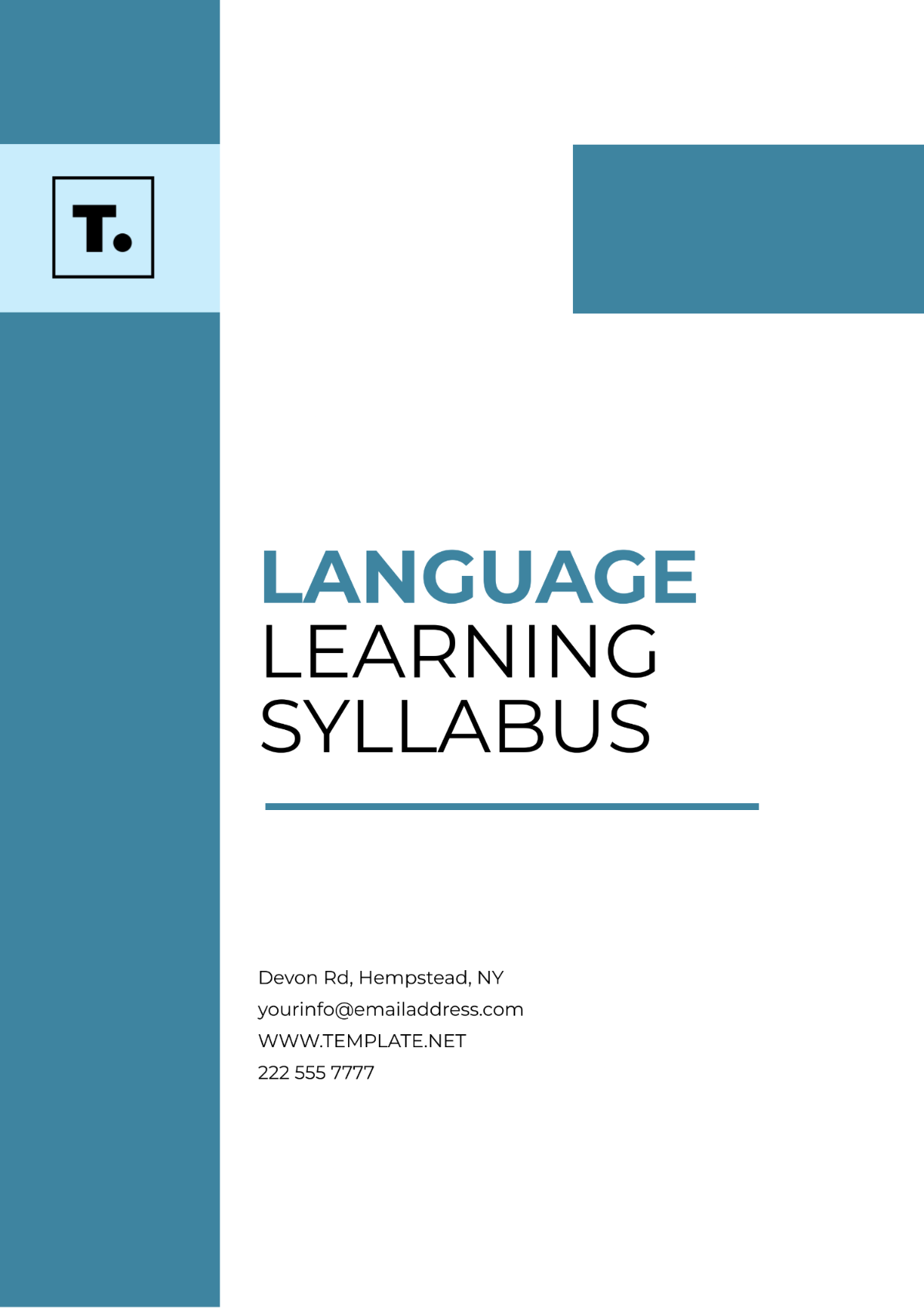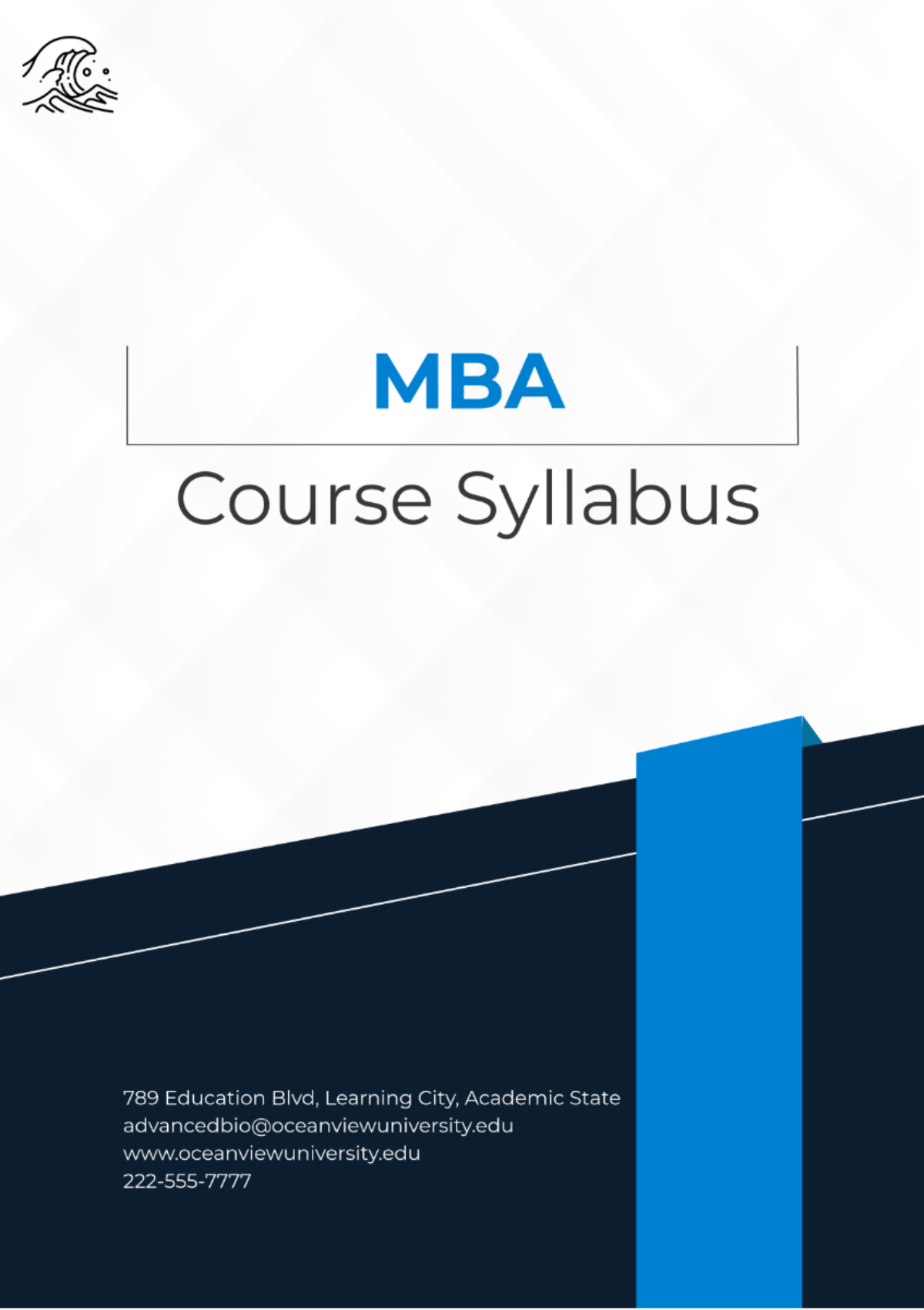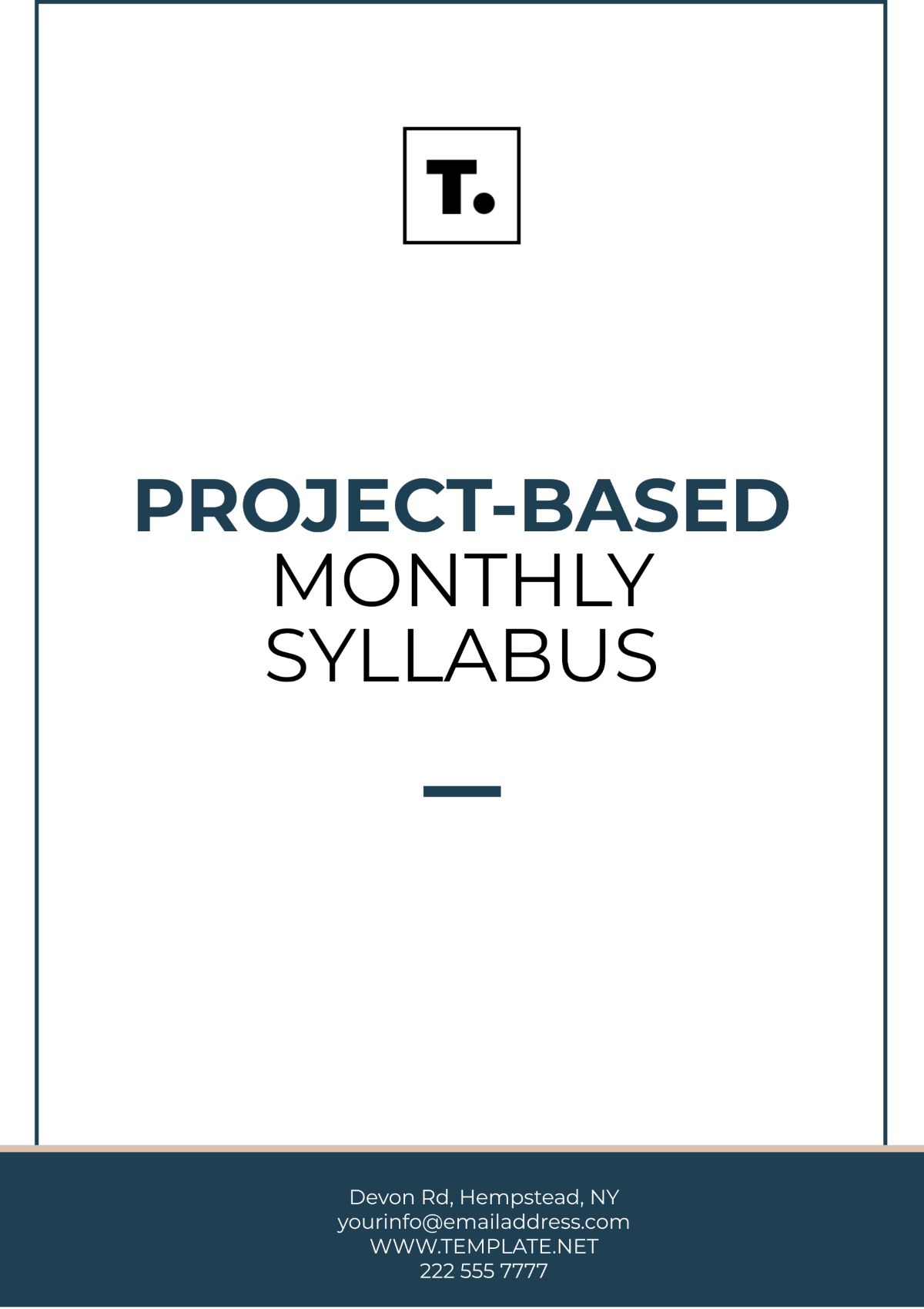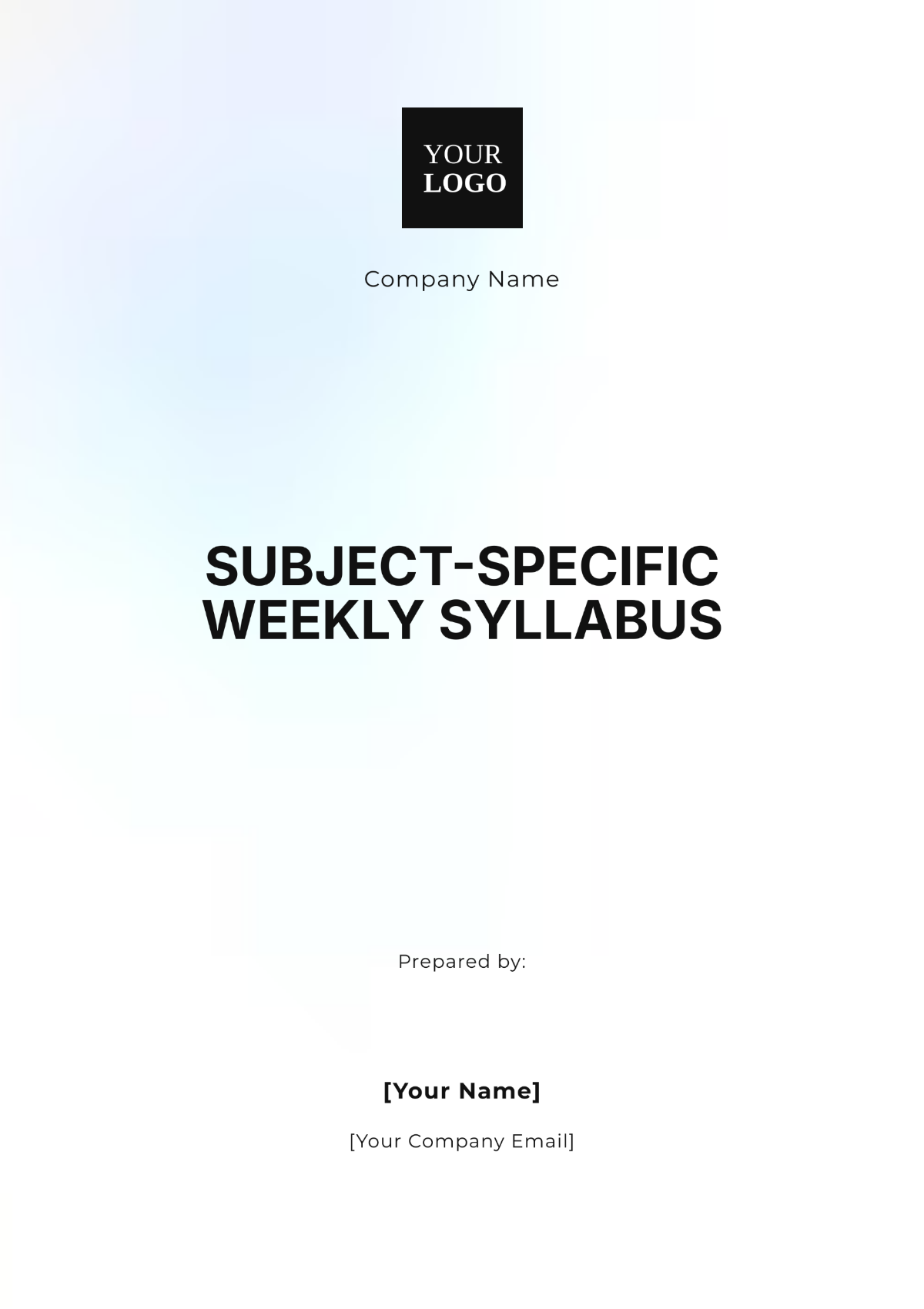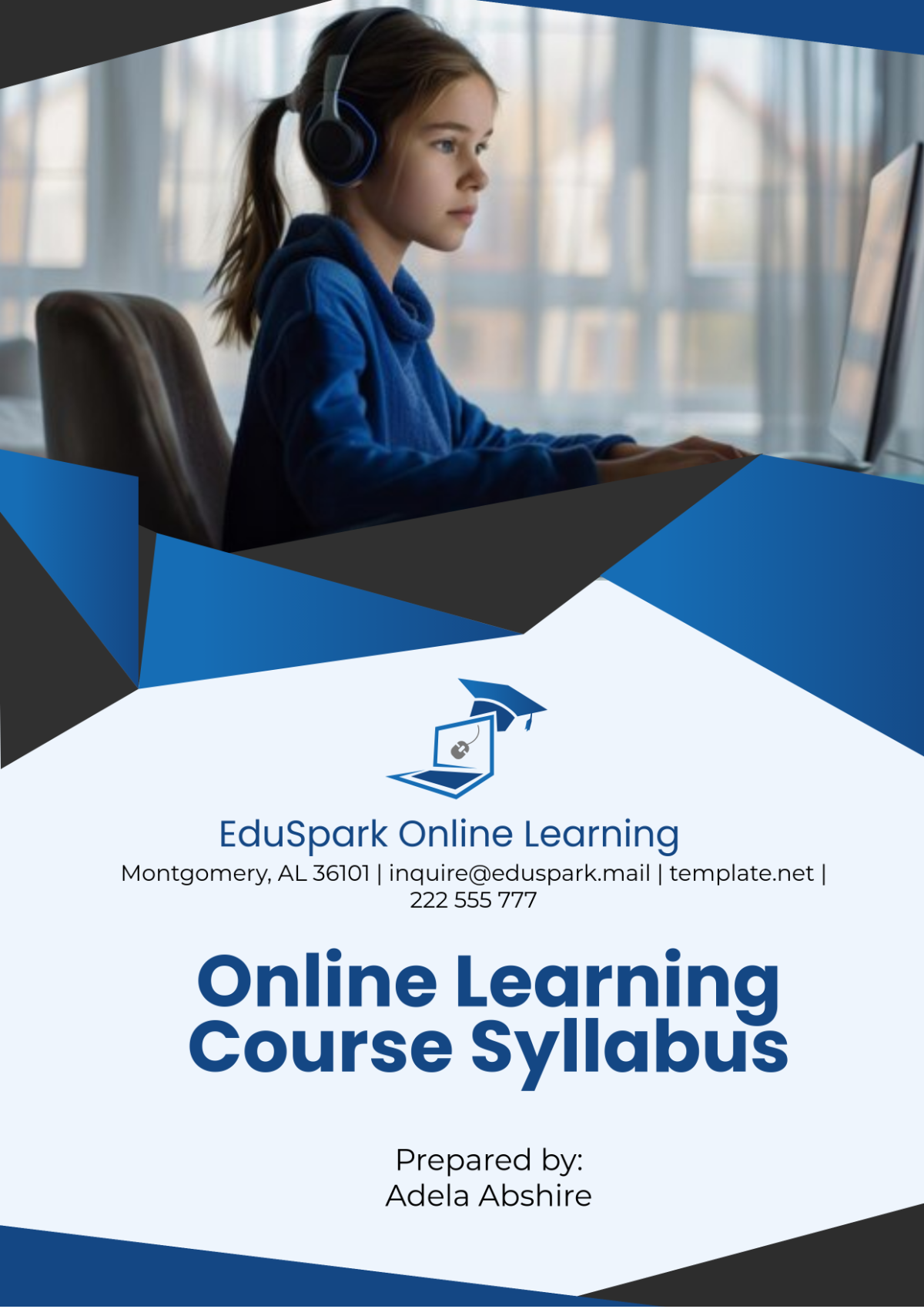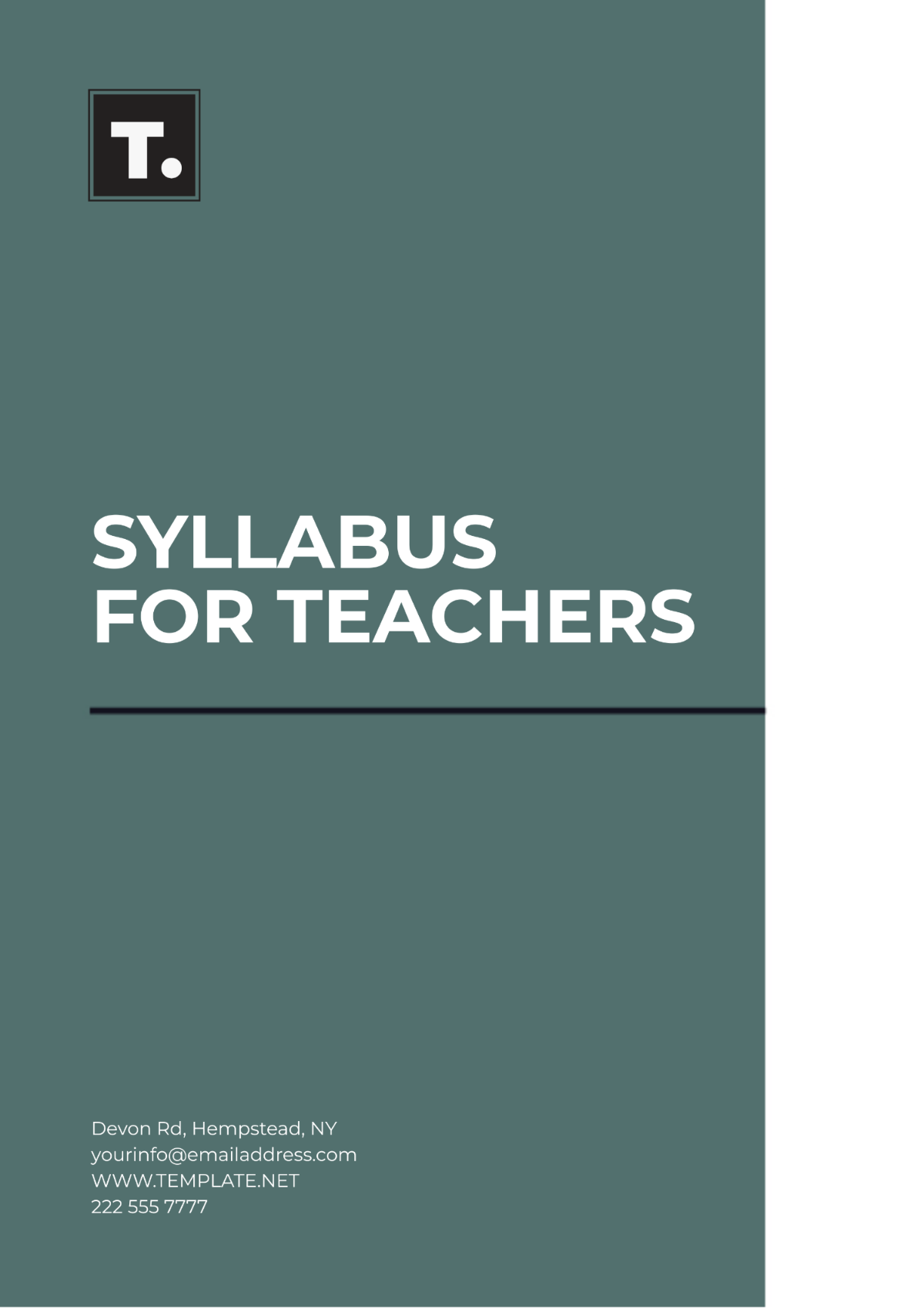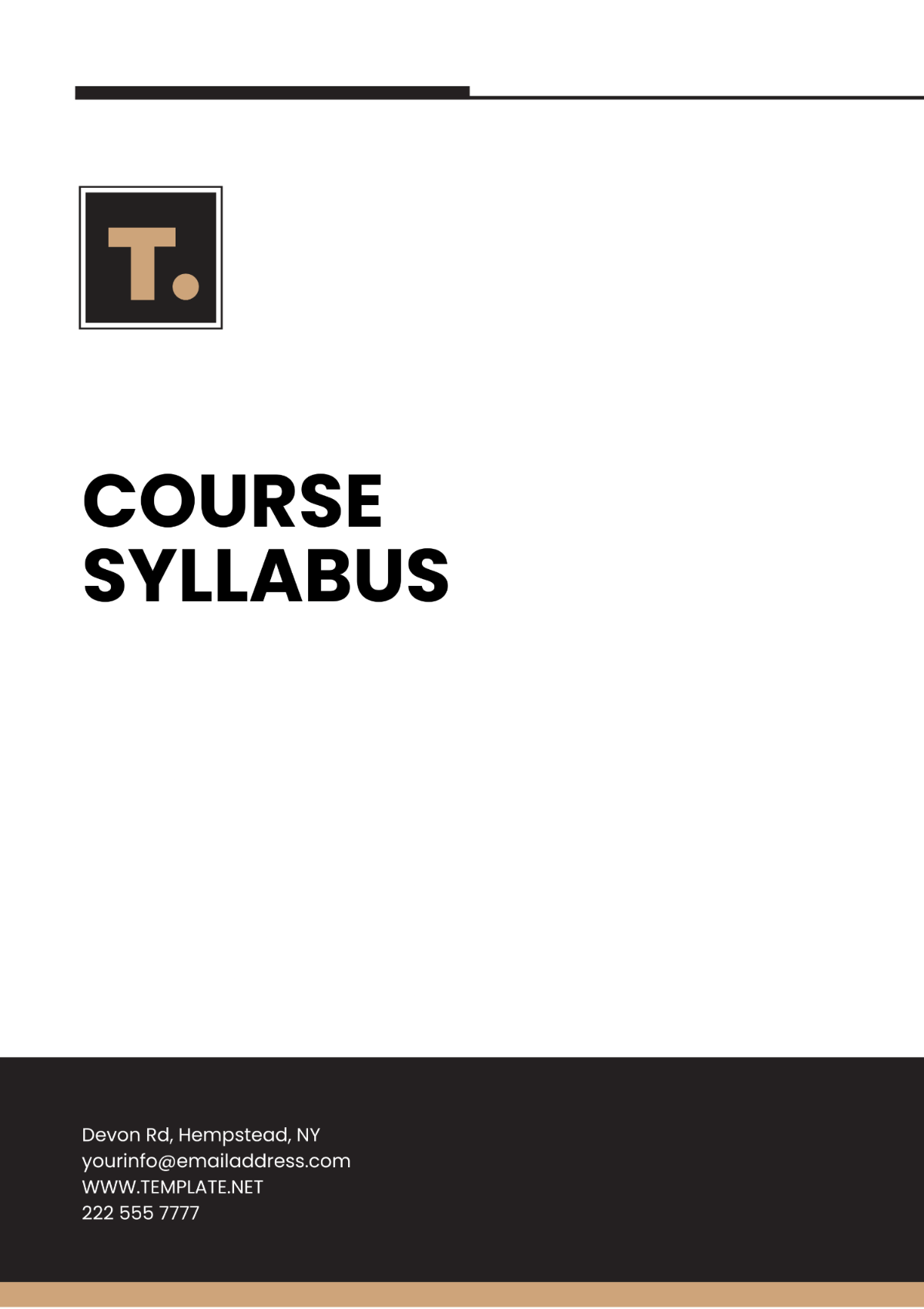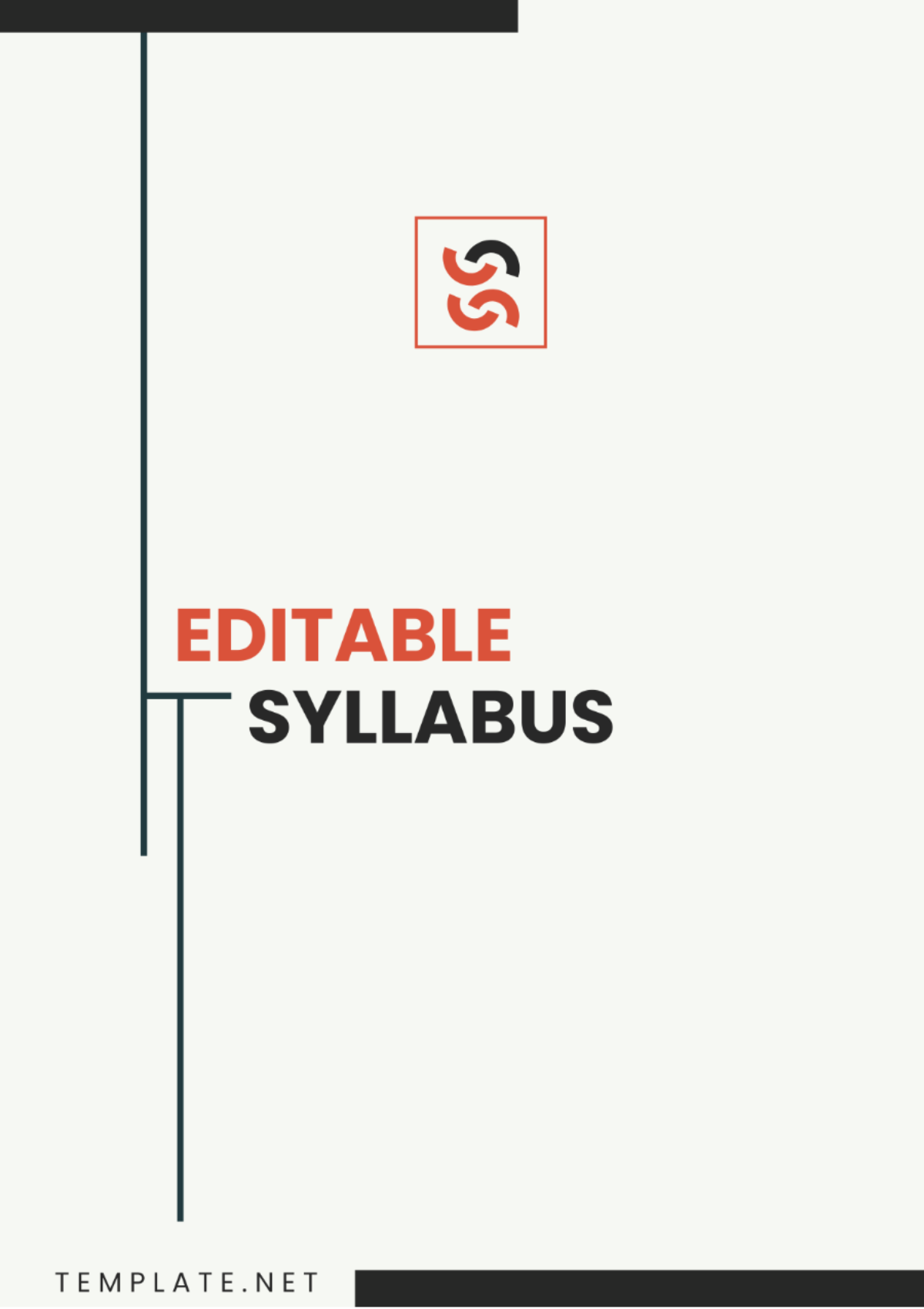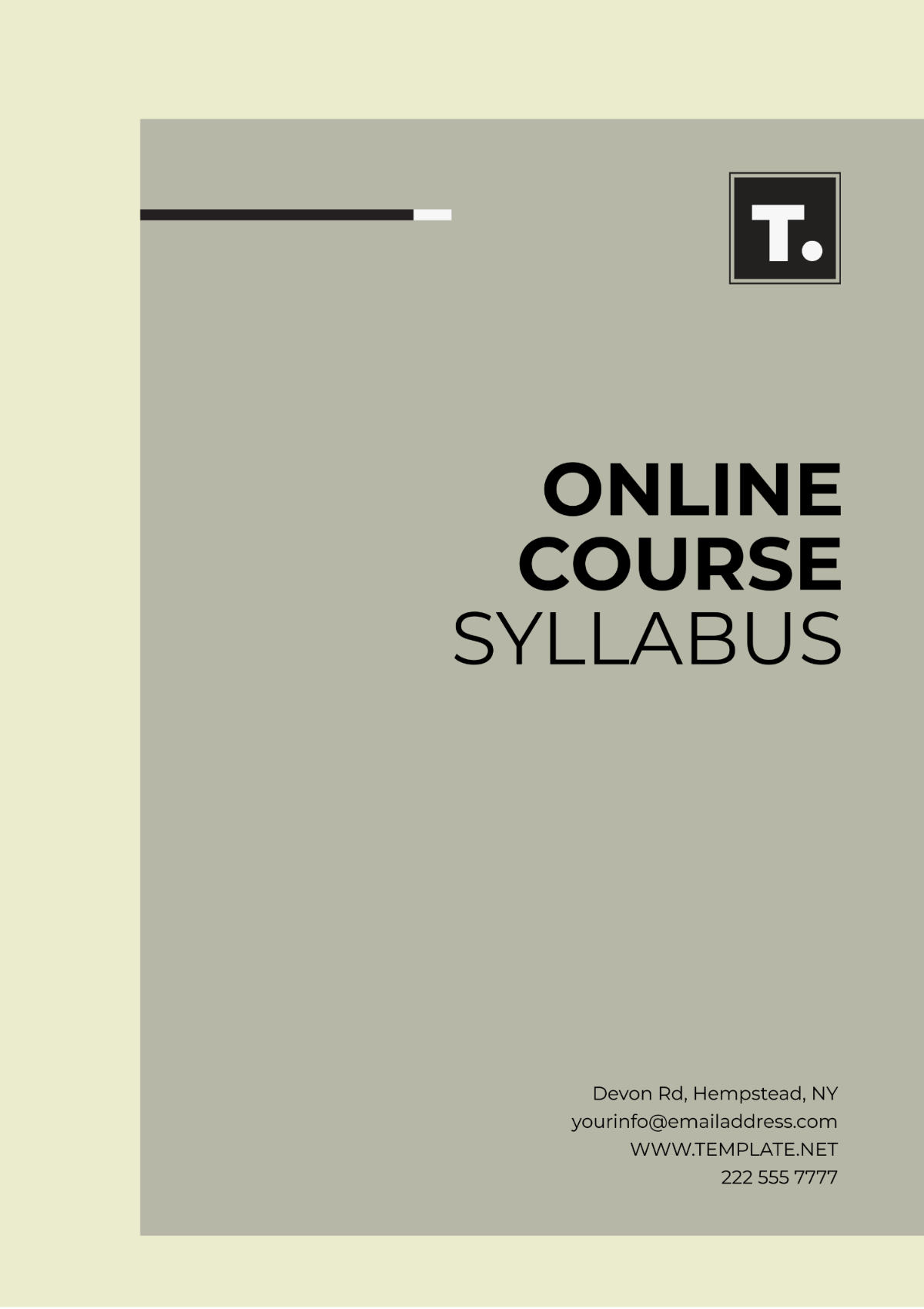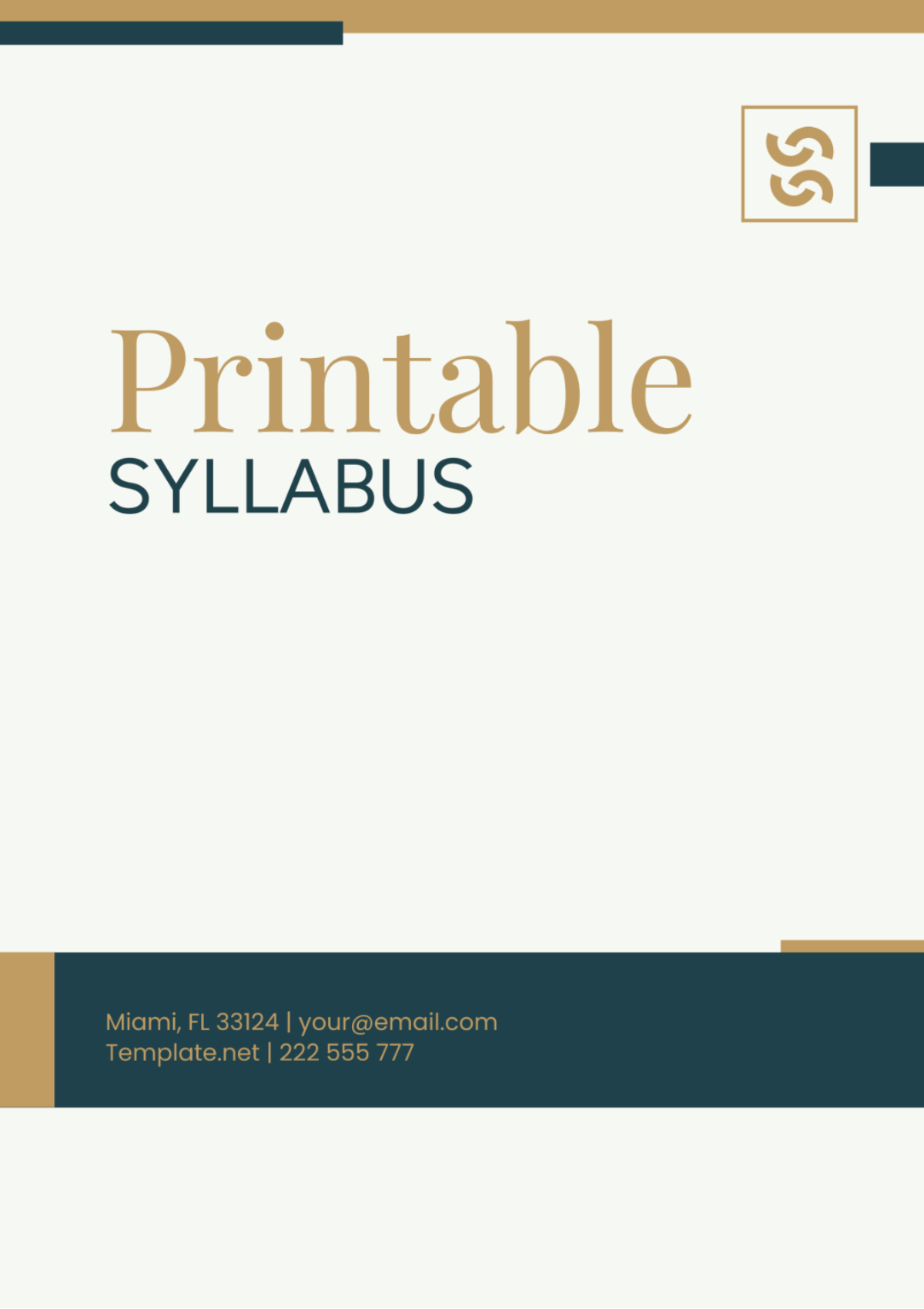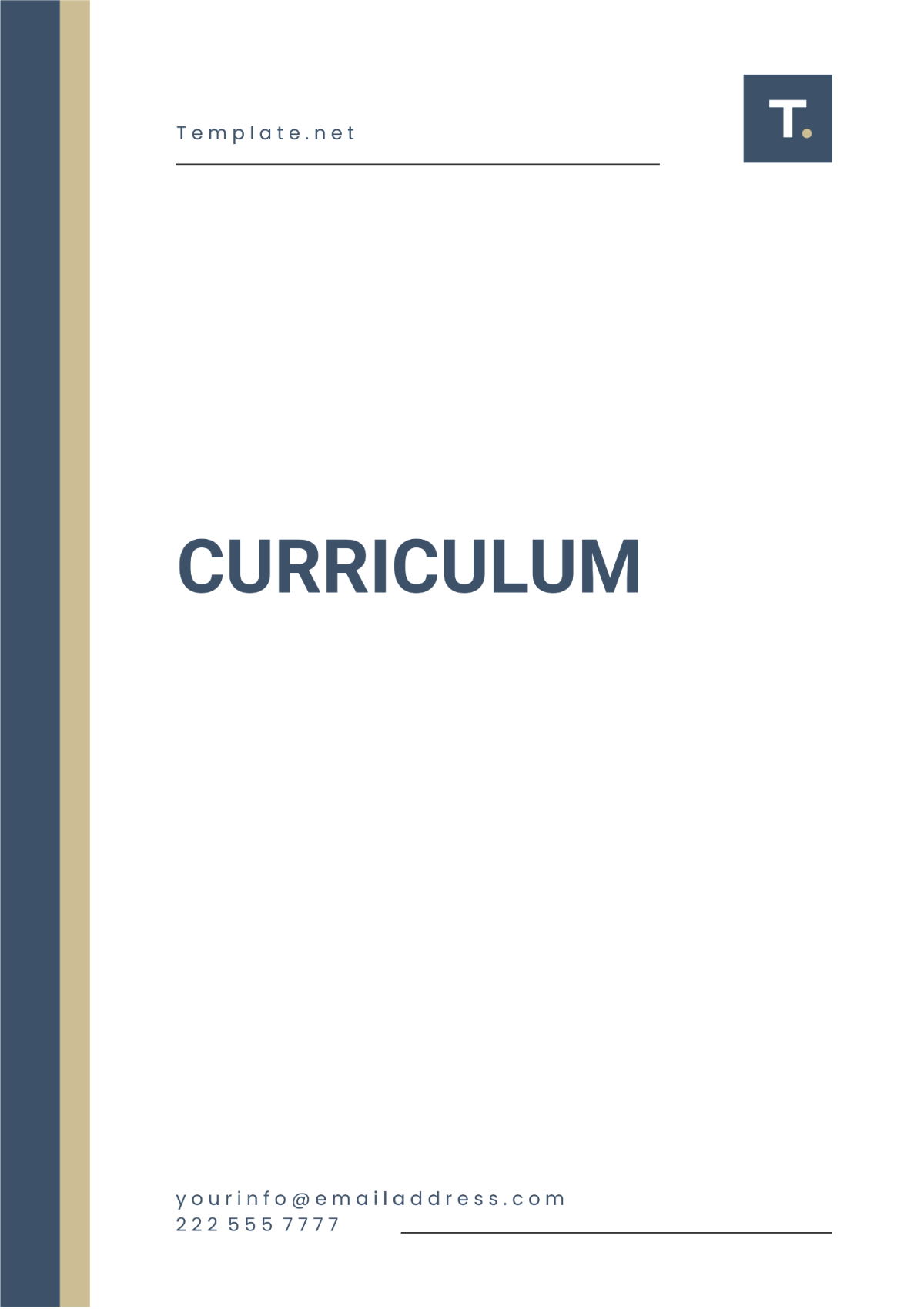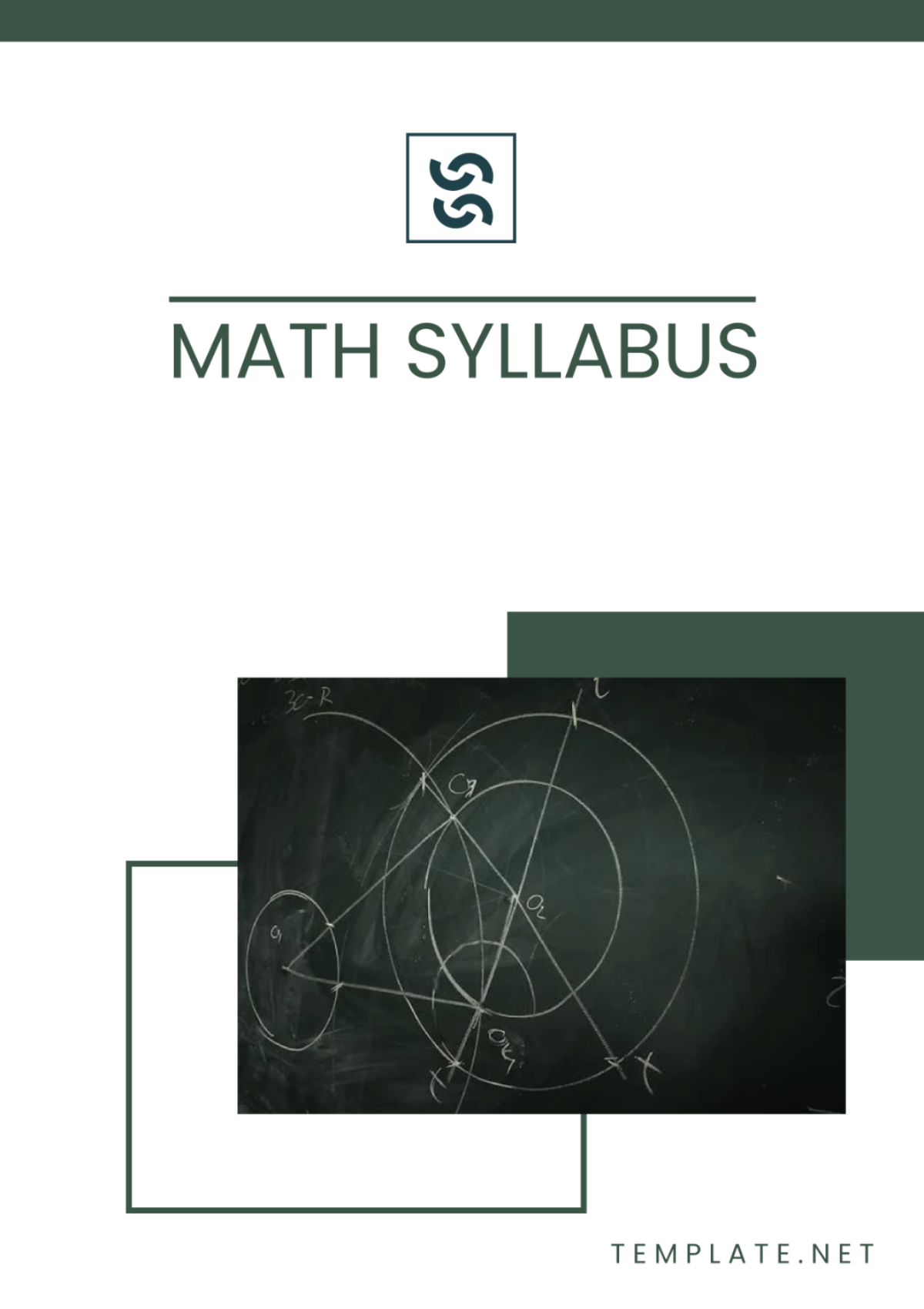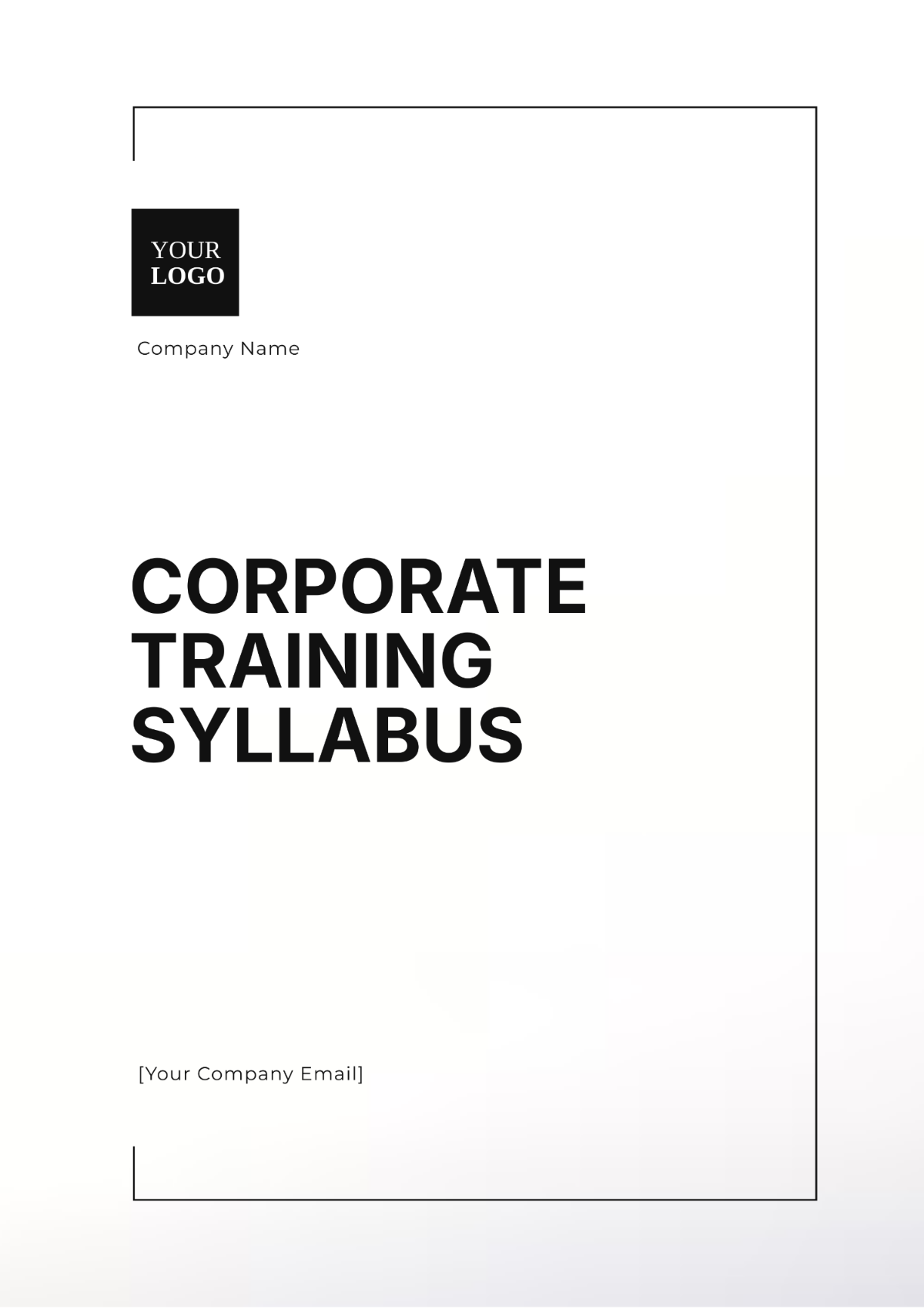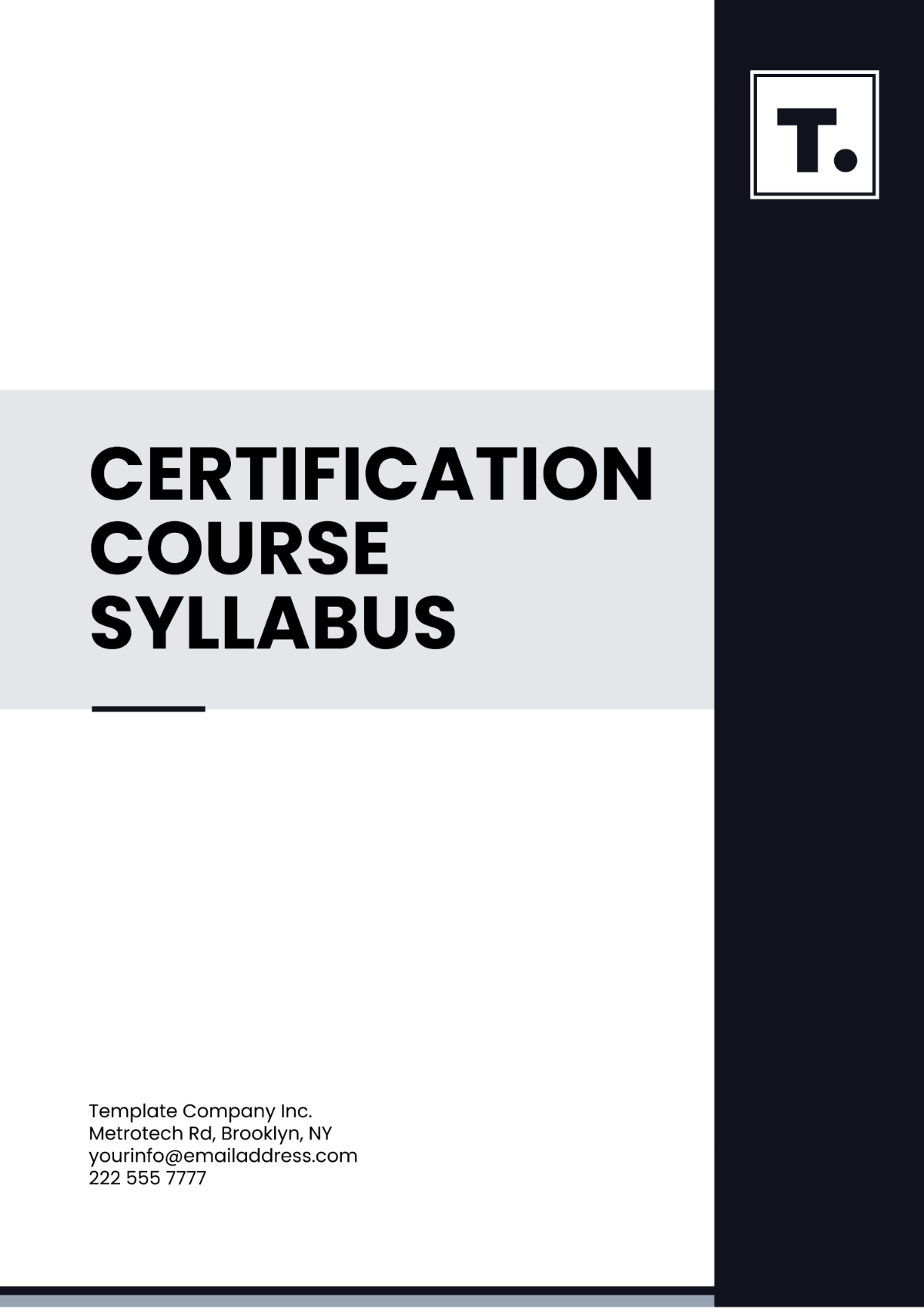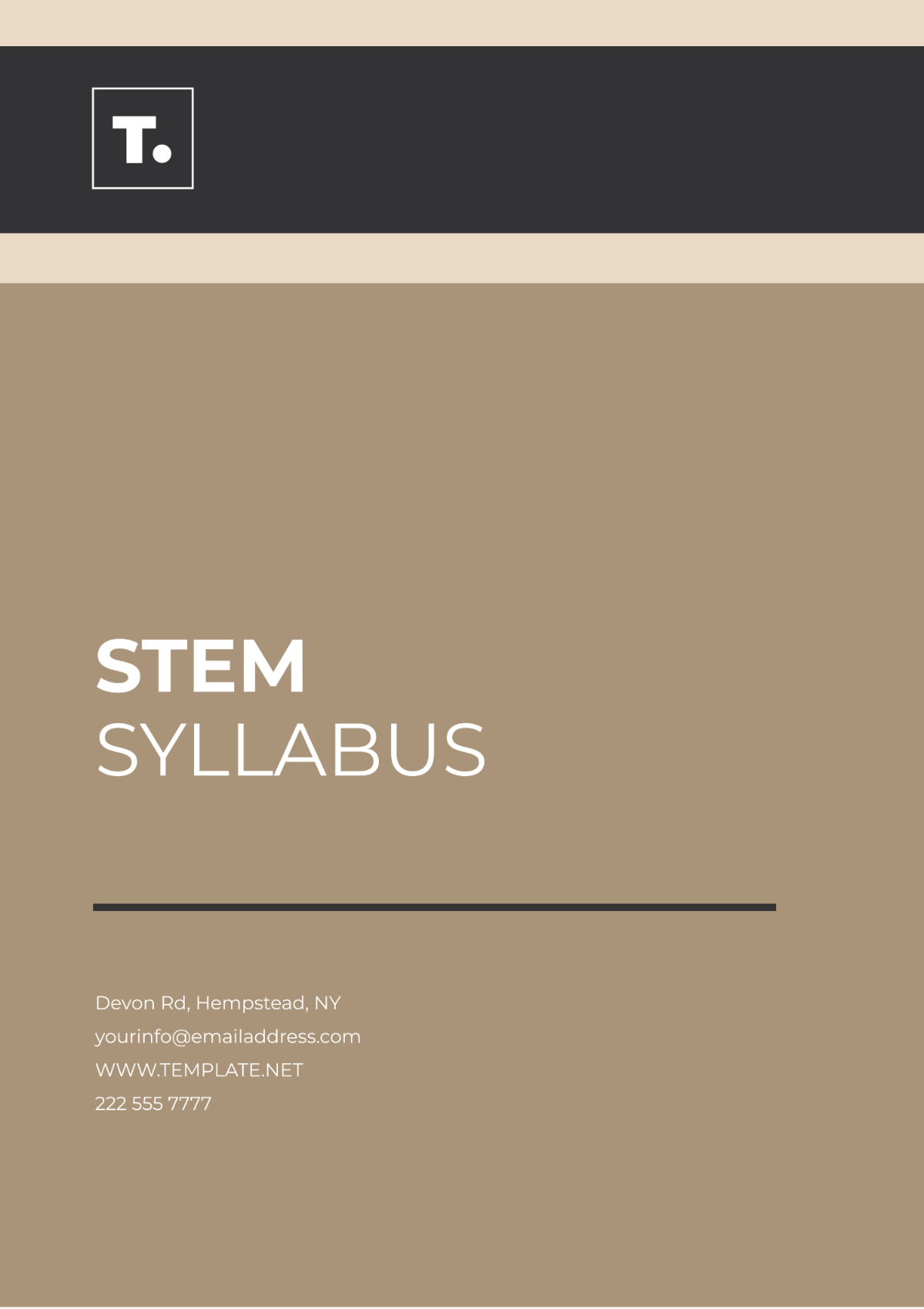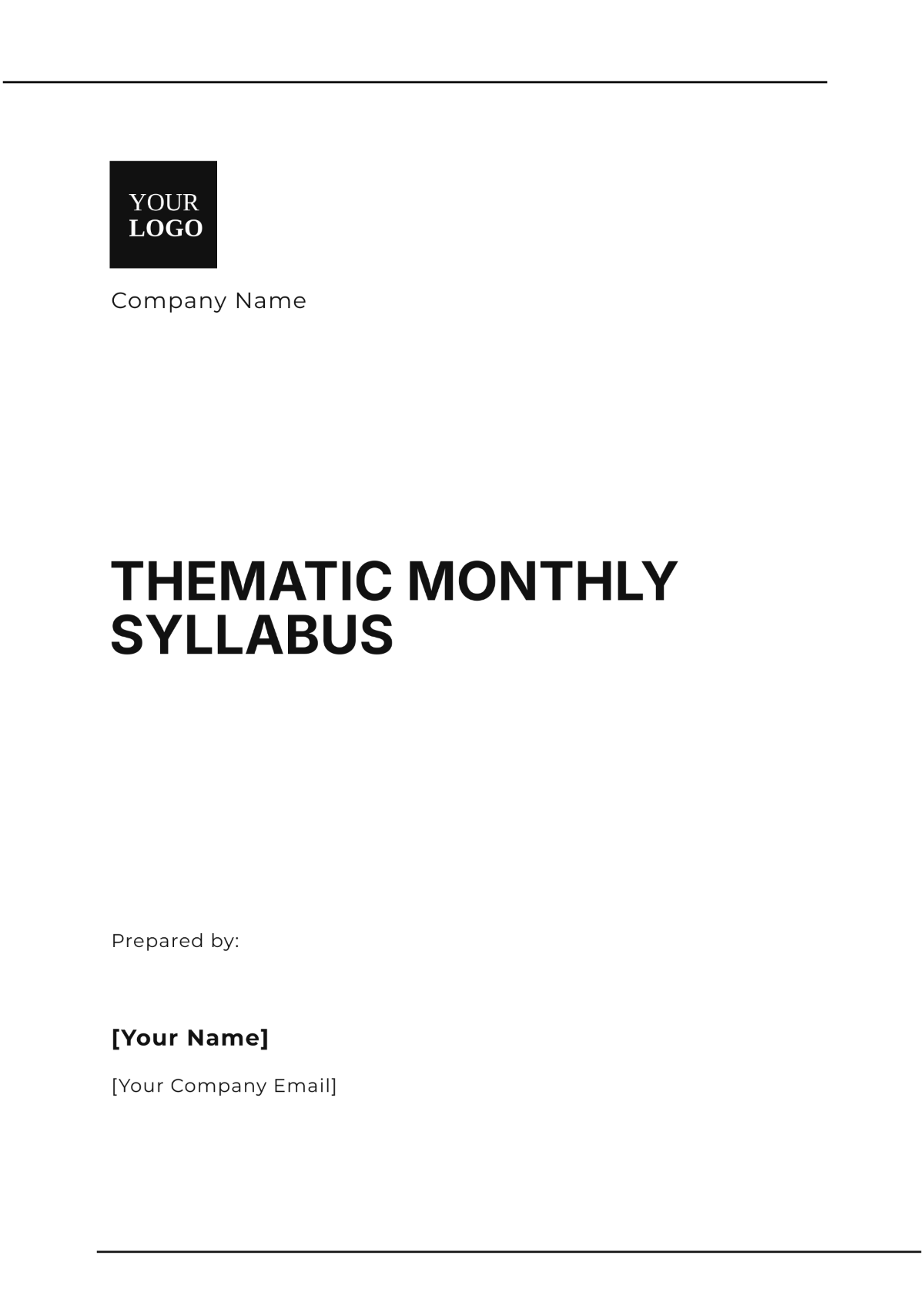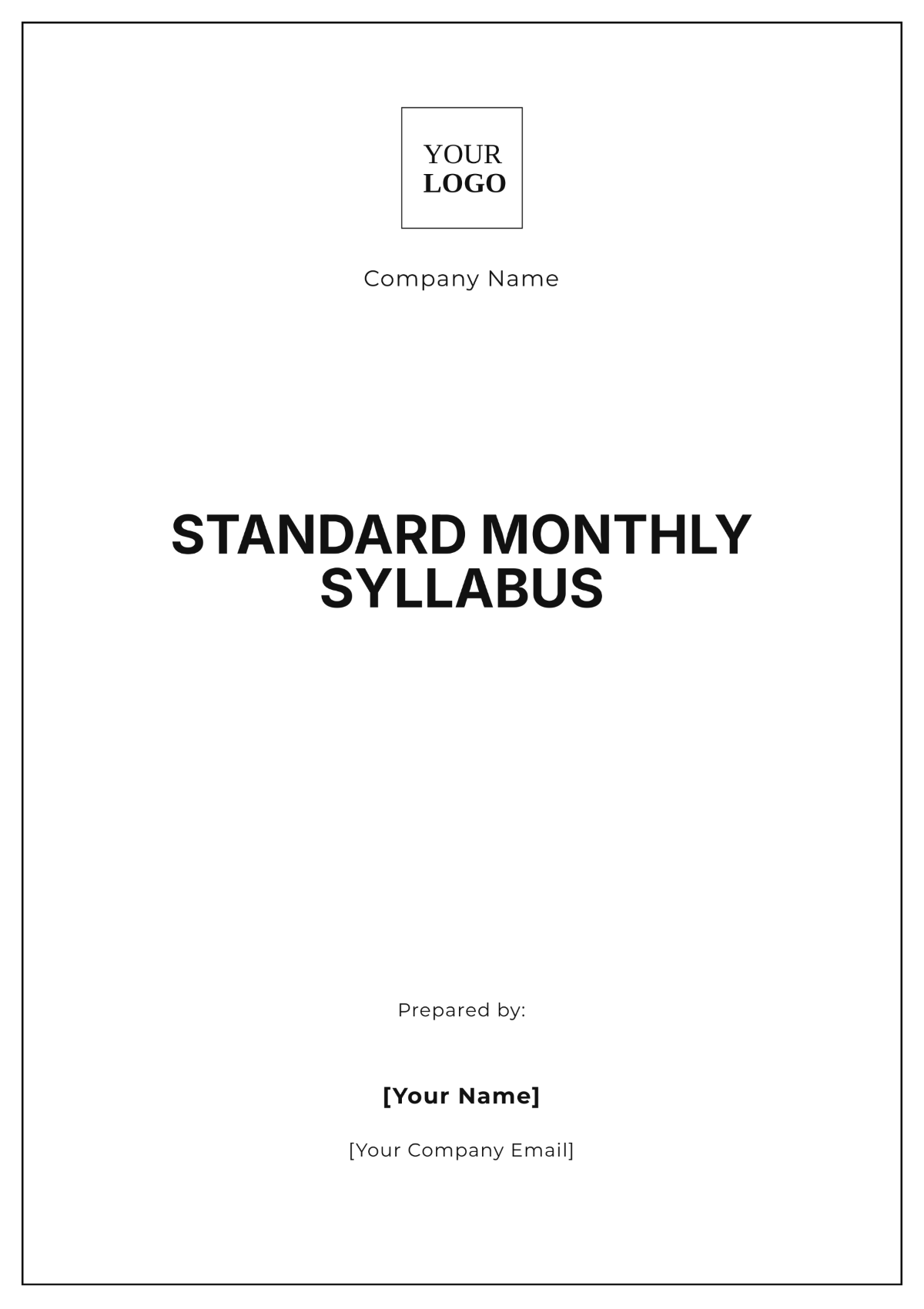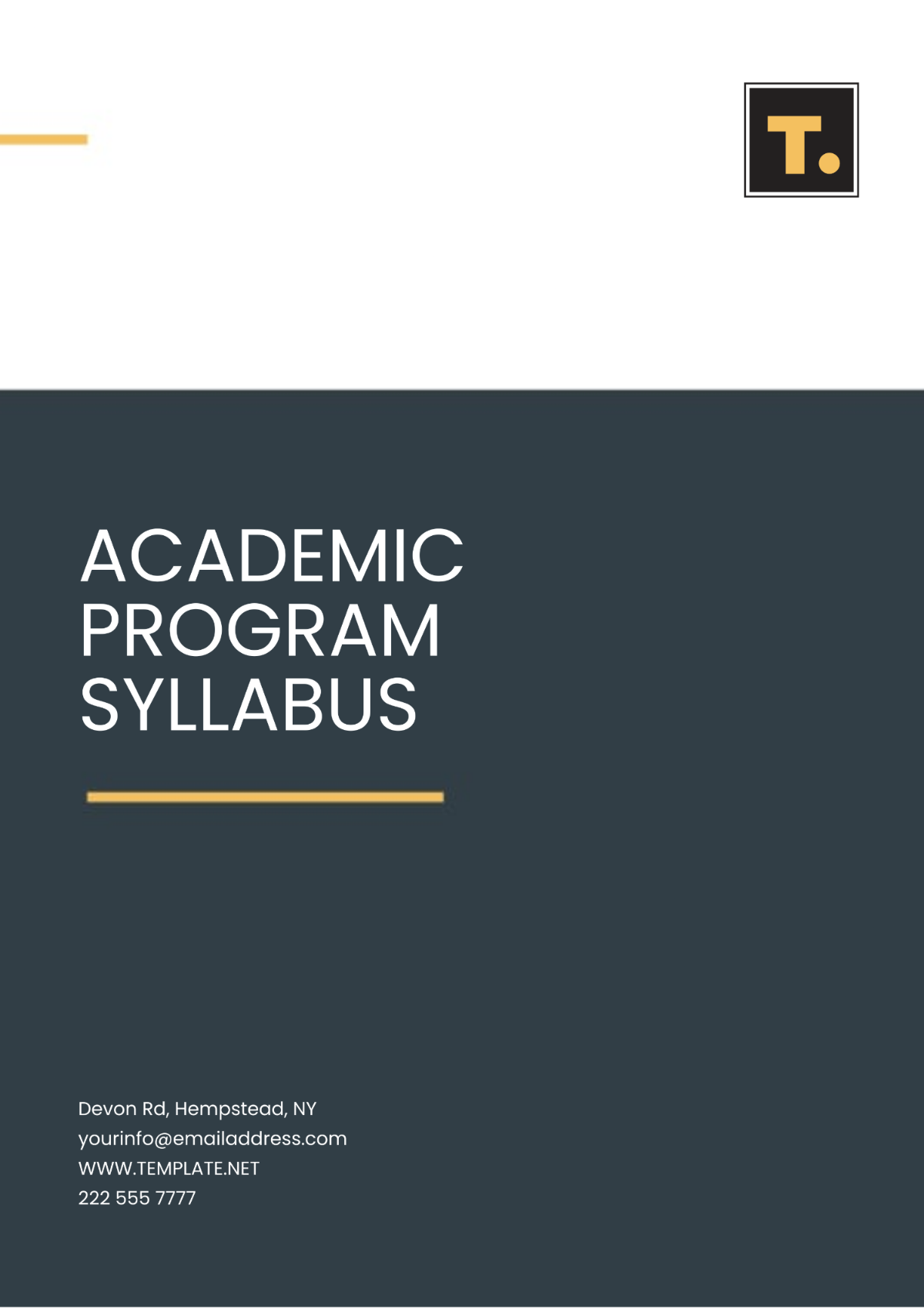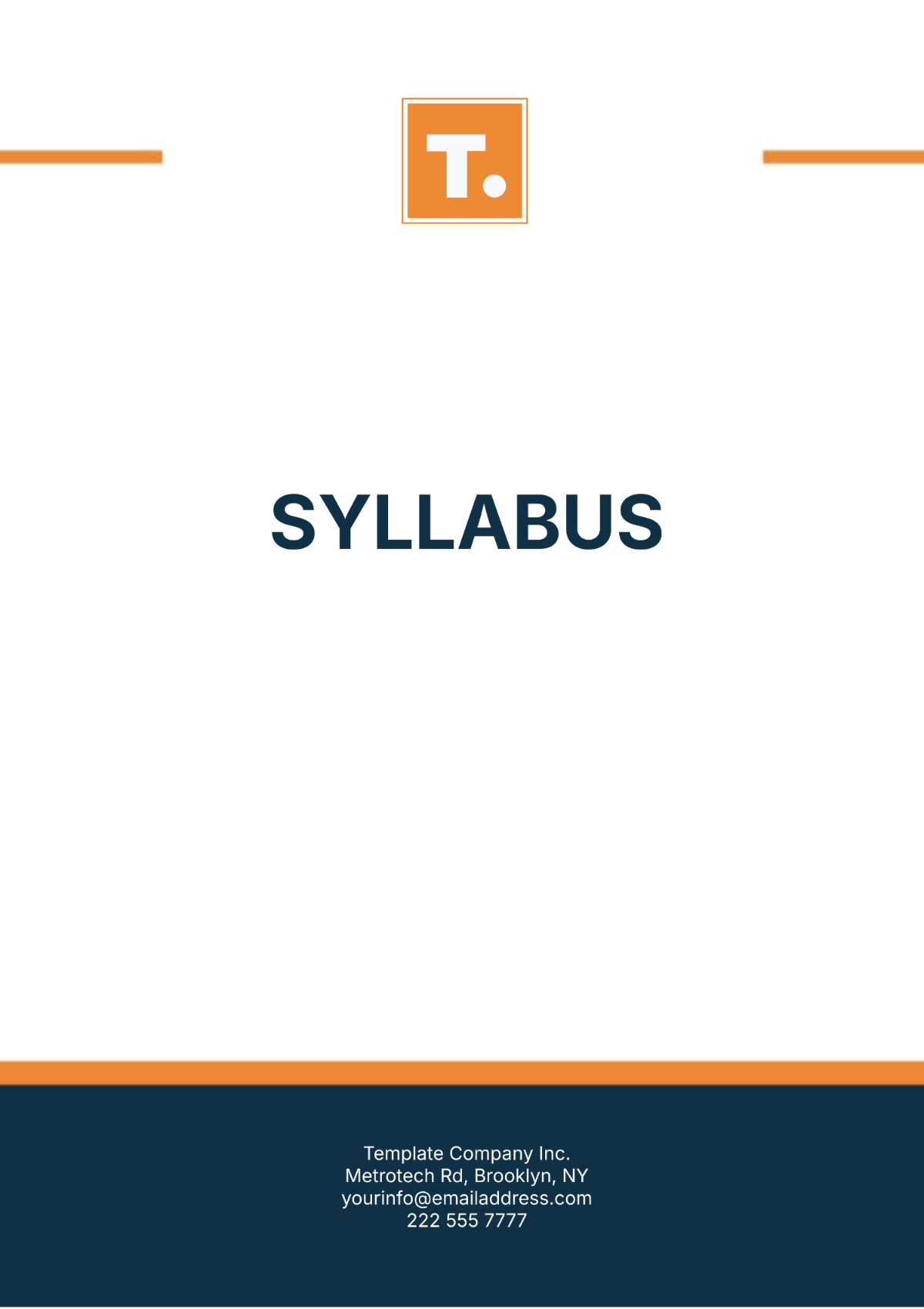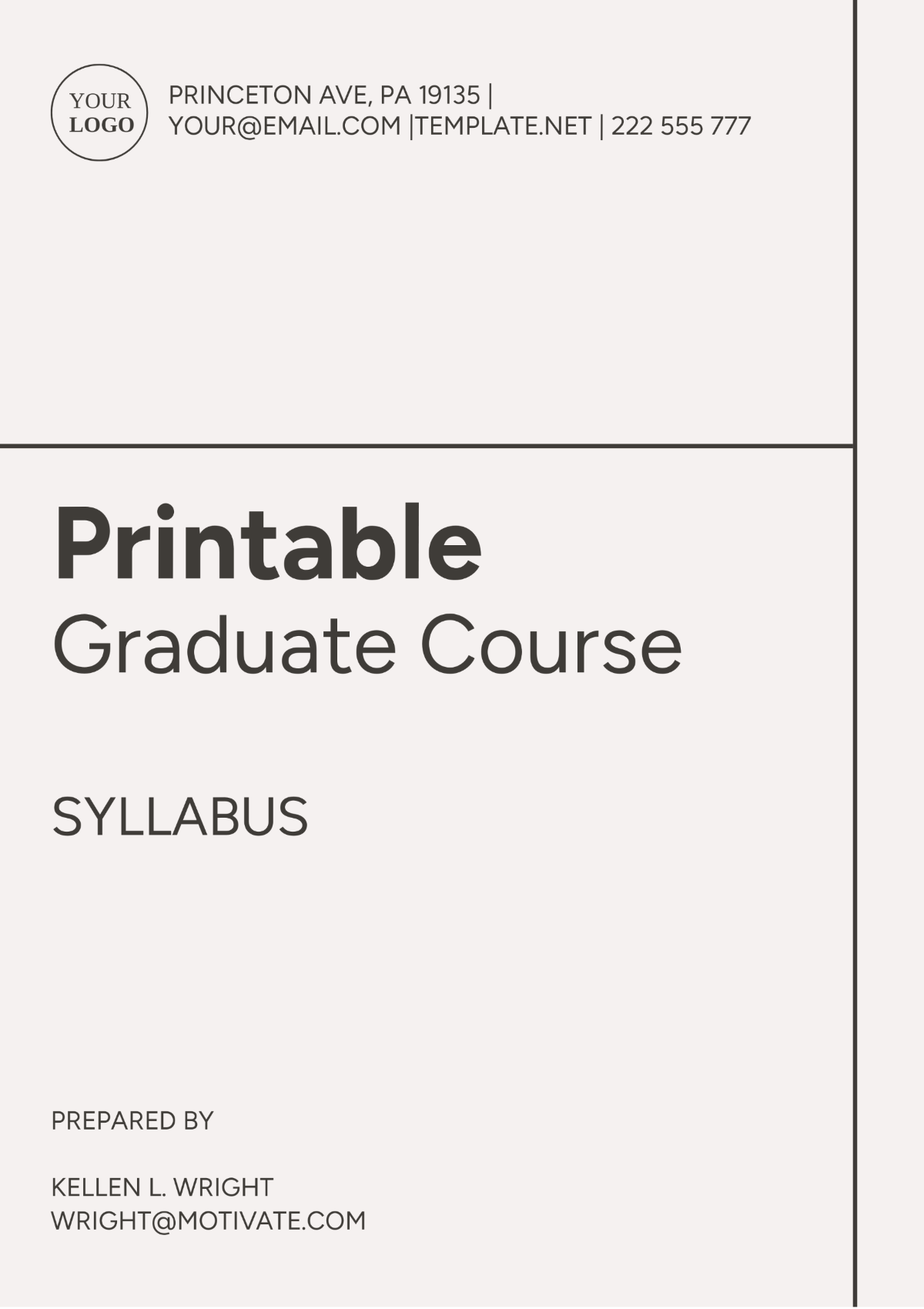Course Syllabus
I. Course Information
Course Title | Advanced Data Analytics and Machine Learning |
Instructor | [Your Name] |
Course Code | DA-2050 |
Course Description | This course explores advanced topics in data analytics and machine learning, focusing on practical applications and theoretical foundations. Students will learn to analyze large datasets, implement machine learning algorithms, and develop predictive models. The course covers both supervised and unsupervised learning, deep learning techniques, and real-world applications in various industries. |
Prerequisites | Basic knowledge of statistics, linear algebra, and programming. Completion of "Introduction to Data Science" or equivalent is recommended. |
Credits | 4 Credit Hours |
II. Learning Objectives
By the end of this course, students will be able to:
Master advanced data analytics techniques including regression analysis, clustering, and dimensionality reduction.
Implement and evaluate machine learning algorithms such as decision trees, neural networks, and support vector machines.
Develop predictive models using real-world datasets and validate their accuracy and robustness.
Apply deep learning techniques to complex problems such as image and text recognition.
Analyze case studies and industry applications of data analytics and machine learning.
III. Course Schedule
A. Week 1-2: Introduction to Advanced Data Analytics
Topics Covered:
Overview of advanced analytics and its importance in modern data science
Key concepts in statistics and probability for data analytics
Introduction to Python for data analysis
Readings:
Chapter 1 & 2 from "Advanced Data Analytics with Python" by Jane Williams
Assignments:
Assignment 1: "Exploring a Real-World Dataset: Descriptive Statistics and Visualization"
B. Week 3-4: Supervised Learning Techniques
Topics Covered:
Regression models: linear, logistic, and polynomial regression
Decision trees and random forests
Performance metrics for supervised learning models
Readings:
Chapter 3 from "Machine Learning in Practice" by Alex Thompson
Assignments:
Assignment 2: "Building and Evaluating Regression Models on a Real Dataset"
C. Week 5-6: Unsupervised Learning Techniques
Topics Covered:
Clustering methods: K-means, hierarchical, and DBSCAN
Dimensionality reduction techniques: PCA and t-SNE
Applications of unsupervised learning in anomaly detection and customer segmentation
Readings:
Chapter 4 from "Unsupervised Learning: Concepts and Applications" by Sarah Clark
Assignments:
Assignment 3: "Applying Clustering Algorithms to Segment Data"
D. Week 7-8: Deep Learning Techniques
Topics Covered:
Introduction to neural networks and deep learning
Convolutional Neural Networks (CNNs) for image processing
Recurrent Neural Networks (RNNs) for sequence data
Readings:
Chapter 5 from "Deep Learning with Python" by Michael Lee
Assignments:
Group Project: "Developing a Deep Learning Model for Image Classification"
E. Week 9-10: Industry Applications of Data Analytics and Machine Learning
Topics Covered:
Case studies in finance, healthcare, and marketing
Ethical considerations and challenges in data science
Future trends in data analytics and machine learning
Readings:
Chapter 6 from "Data Science in the Real World" by Emily Davis
Assignments:
Final Project: "Building a Predictive Model for a Real-World Industry Problem"
F. Week 11-12: Final Review and Project Presentations
Topics Covered:
Review of key concepts and preparation for final presentations
Project presentations and peer feedback
Course wrap-up and discussion of future learning paths
Final Project:
A comprehensive machine learning project that includes data preprocessing, model selection, evaluation, and presentation.
IV. Assessment Methods
Students will be assessed based on the following:
Assignment 1 (10%):
A detailed analysis of a real-world dataset focusing on descriptive statistics and visualization.
Assignment 2 (20%):
Building and evaluating regression models on a given dataset.
Assignment 3 (20%):
Application of clustering algorithms to segment data and report findings.
Group Project (20%):
A collaborative project to develop a deep learning model for a specific task.
Final Project (30%):
A comprehensive machine learning project demonstrating the application of course concepts to a real-world problem.
V. Required Texts and Resources
A. Textbooks
"Advanced Data Analytics with Python" by Jane Williams
ISBN: 978-1-234-56789-5
"Machine Learning in Practice" by Alex Thompson
ISBN: 978-1-234-56789-6
"Unsupervised Learning: Concepts and Applications" by Sarah Clark
ISBN: 978-1-234-56789-7
"Deep Learning with Python" by Michael Lee
ISBN: 978-1-234-56789-8
"Data Science in the Real World" by Emily Davis
ISBN: 978-1-234-56789-9
B. Online Resources
[Your Company Website]
Kaggle: Datasets and Competitions:
Machine Learning Resource Hub
VI. Course Policies
A. Attendance
Regular attendance is essential. Students are expected to participate actively in all classes and group discussions.
B. Assignments
Assignments must be submitted on time. Late submissions will be penalized unless an extension is granted in advance.
C. Academic Integrity
Students must adhere to strict academic integrity guidelines. Any form of plagiarism or cheating will be addressed seriously and may result in disciplinary action.
D. Communication
Students should regularly check their emails and the course portal for important updates. For any inquiries, please contact [Your Name] at [Your Email].




